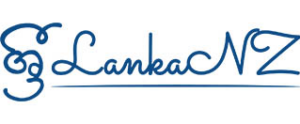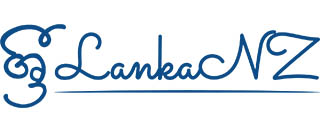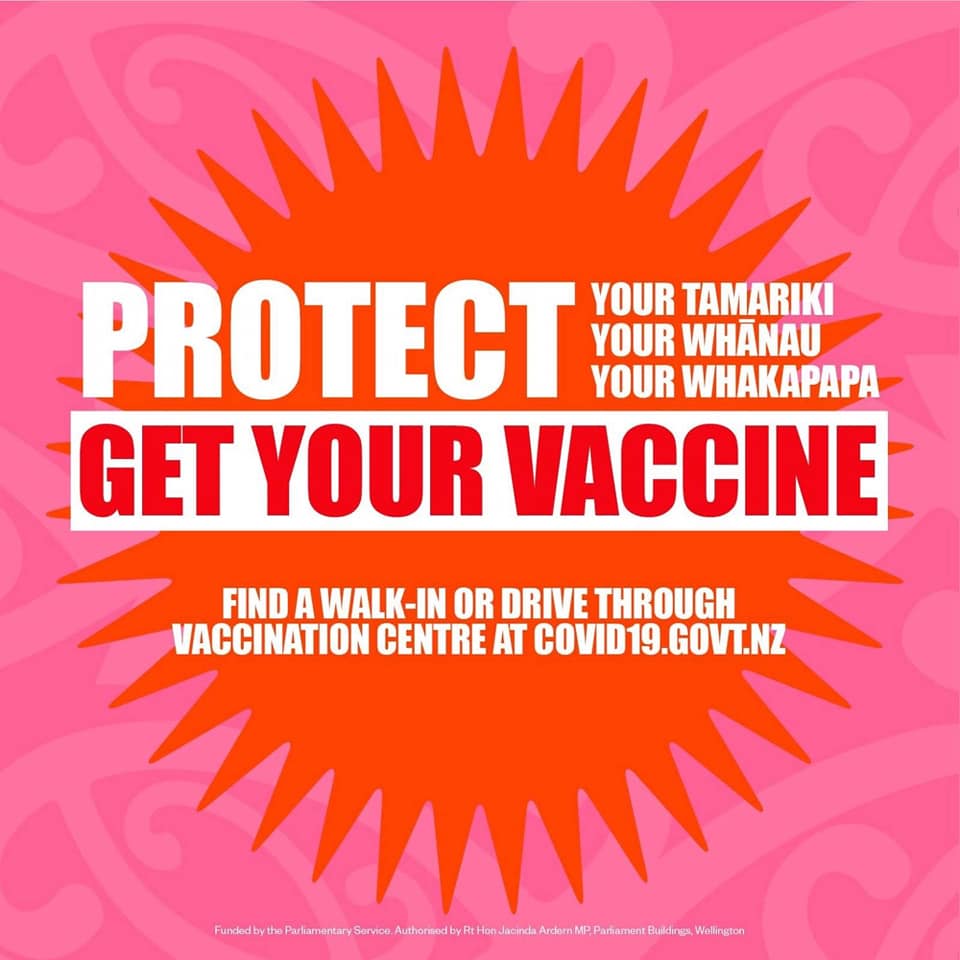One Sunday last month, I went to the dairy to buy the newspaper and, while inside, was joined by another man who walked in unmasked. The man gave the dairy owner a couple of posters and asked her to put them up at the entrance. When the owner went outside to collect the bundle of newspapers, I asked the man what the poster was about, and he said he could read what was on it to me, and it said: we are against any form of discrimination in New Zealand, on the grounds of race, colour, ethnicity, religion, sexual orientation and, right at the bottom, vaccinations and masks. I told the man that I fully agree with him on all of the top ones and said to him that, as the last two are public health emergency measures, I didn’t think they sit well with the others. Instead of replying to me on what I had said, he went into a well-rehearsed-looking tantrum, saying that: I have heard this before, and here comes the opposition against our right to express. Walking back to the house with the newspaper in hand, I reflected on what had happened, and felt quite angry why we allowed this irrational minority to operate in this way.
Surely, at a time of a pandemic-driven public health emergency, people’s focus should be on duties rather than on rights. If we live in a society with others, clearly individual rights should operate only so far as they do not interfere with the public good and do not endanger the public’s safety or health. If the greater public good demands it, individual rights may have to be curtailed to allow for any measures necessary to protect and promote the public good. The government’s response to Covid has always been measured, and the cabinet would invite advice from all sorts of experts before deciding on a course of action. Because of the rapid transmission of the Covid virus, and because of the severity of the consequences for the people infected with it, the government’s attention was drawn to it very early. Having seen TV footage of experiences in other countries, and most of the Western economies with more developed health systems than ours, the New Zealand government had to take quick action to prevent a run on its health system, and a total lockdown of the country was the advice the government received from the experts in the early stages of Covid. And when the vaccines became available, the government had the luxury of going into a more managed strategy, which included a mass vaccination campaign and the easing of the restrictions on people’s movement and the conducting of business. In every one of the regular press briefings, the Prime Minister clearly explained the government’s short-term measures as well as the strategy for the medium-term to tackle Covid. When the process for dealing with the virus has been handled so transparently, one would think there should have been no room for conspiracy theorists. But unfortunately, that was not the case, and people with various agendas came together in a loosely concocted freedom/choice movement. Interestingly, some of the people who were openly showcasing themselves as choice-advocates, were on record having been on the opposite side when it came to women’s right to choose whether to carry an unwanted pregnancy.
What lessons can we learn from the way the country came together, and why a few others failed to join the rest, to fight the threat from Covid to its people, and what more should have been done by those of influence to strengthen the government’s hand to deal with the virus even more effectively. A post-mortem on these issues will be important – to us, to correct any errors we made; and for the policy-makers to better manage crises in the future. To start with, I believe the government’s message to encourage the people to get vaccinated should have been made clearer, and with a better purpose. Without patronizing those who were refusing the vaccine, the government should have been more forthright that, as much as for the individual, to get vaccinated is about protecting the others, and that the people who refuse are acting in a selfish way. The government should have clearly articulated its duty to protect the public, and the intransigent minority should have been given clearer notice that their freedom will soon be severely curtailed to promote the greater good of the public. The media clearly had an important duty to discharge, and should have decided very early that, if they flirt with the hollow arguments of the anti-vaxers, they would detract from the government’s effort to protect the public from the pandemic. Just like cutting off the blood supply to tumors is known as an effective method in fighting cancers, the media should have avoided giving publicity to the anti-vax movement, who yearn for the public’s attention to their conspiracy theories and the like. When it was abundantly clear that some public figures were grandstanding on the vulnerability of some sectors of the society by driving fear among them, surely the media had a duty to avoid giving them prime-time TV time, and not publish any news about their meetings and what happened at them. The lack of support from some of the Maori and Pacifica elders to the vaccination campaign was disappointing. They could have done a lot more, and their role of influence in closely-knit cultures gave them the golden opportunity to connect their people with the government’s effort. The mana those leaders carry enable them to add strength to any government’s effort by connecting their people with the government at times of national crises, and sadly there were shortcomings on that front on this occasion. Religious leaders too wield similar power over their congregations, and the evidence we have is not all too convincing that those duties were discharged in the most effective way to lend support to the government’s Covid-action program.
Nations are strong only as much as its people want them to be, and trusting the government and getting behind its action-plan at times of crises determines how mature we are as a people. How soon the people are able to read what is in the best interest of the country would often determine the effectiveness of a country’s plan to get out of a crisis, and sadly on this occasion, when we came together to fight the threat of Covid, many will be disappointed that some put their own interests ahead of the country’s. Hope we all will learn something from this episode.
Palitha De Silva QSM – Wellington








